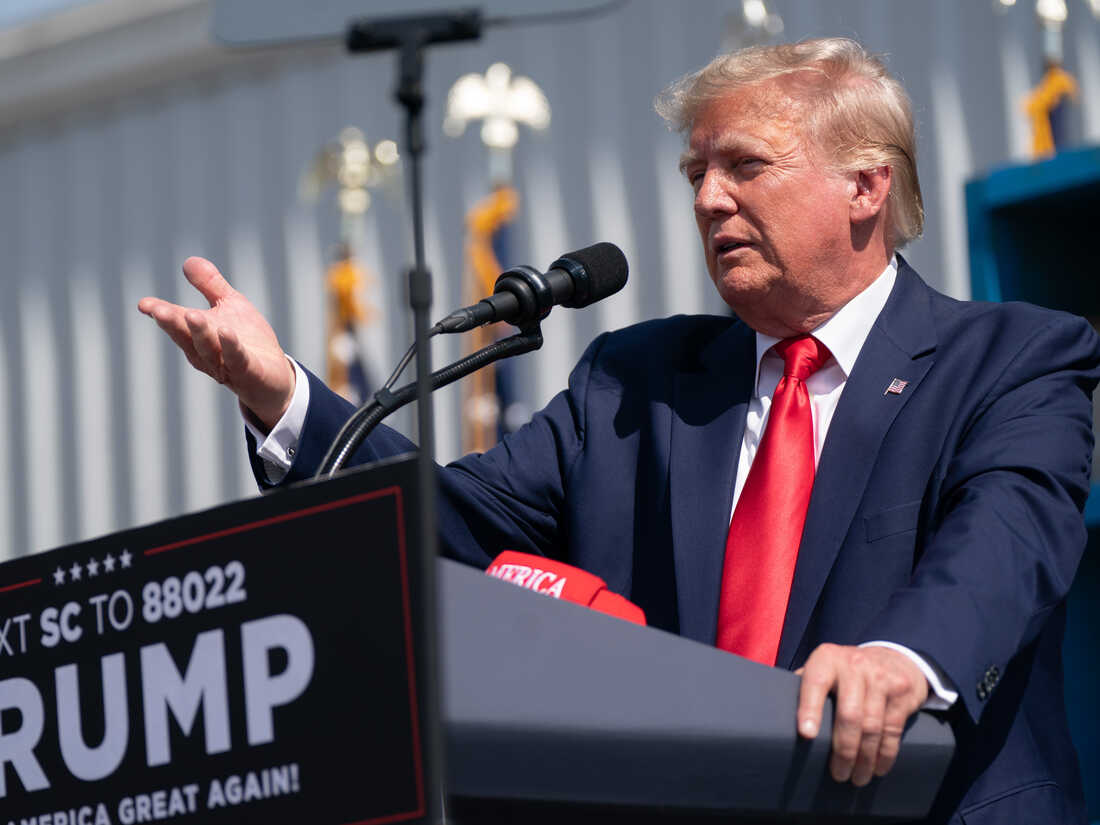Effective Strategies for Efficient Dispute Resolution
In today’s fast-paced and competitive business environment, disputes are inevitable. Whether it’s a disagreement between colleagues, a conflict with a client, or a legal dispute, efficient resolution is crucial to maintain productivity and preserve relationships. In this article, we will explore effective strategies for resolving disputes efficiently, ensuring a harmonious working environment and minimizing the negative impact on business operations.
1. Open and Transparent Communication
One of the fundamental strategies for efficient dispute resolution is open and transparent communication. Clear and honest communication helps to identify the root causes of the dispute and allows all parties involved to express their concerns and perspectives. By actively listening to each other, misunderstandings can be avoided, and a common ground can be found for resolution.
Implementing a regular feedback mechanism where employees and clients can provide constructive criticism can also prevent disputes from escalating. This creates a culture of open communication, allowing issues to be addressed promptly and preventing them from festering and growing into larger conflicts.
2. Mediation and Alternative Dispute Resolution
Mediation and alternative dispute resolution methods can be highly effective in resolving conflicts efficiently. These approaches involve engaging a neutral third party who facilitates communication and negotiation between the disputing parties. Mediators help to create a safe and non-confrontational environment where parties can explore solutions and reach a mutually satisfying resolution.
Mediation and alternative dispute resolution techniques are particularly valuable when preserving relationships is important. By avoiding the adversarial nature of litigation, these methods can help parties maintain a sense of respect and collaboration, even after the dispute is resolved.
3. Clearly Defined Policies and Procedures
Having clearly defined policies and procedures in place is vital for efficient dispute resolution. These guidelines provide a framework for addressing conflicts and ensure consistency in how disputes are handled. By clearly outlining the steps to be followed, all parties involved can understand the process and have realistic expectations.
Well-documented policies and procedures also serve as a reference point in case of disputes. This helps to avoid confusion and ensures that everyone is aware of their rights and responsibilities. Regularly reviewing and updating these policies is essential to adapt to evolving business needs and prevent potential conflicts.
4. Collaborative Problem-Solving
Adopting a collaborative problem-solving approach can significantly enhance the efficiency of dispute resolution. Instead of viewing disputes as a win-lose situation, encourage all parties to work together towards finding a mutually beneficial solution. This mindset shift promotes cooperation, creativity, and innovation in resolving conflicts.
By focusing on interests rather than positions, parties can identify common goals and explore various options for resolution. This approach fosters a sense of ownership and involvement, increasing the likelihood of reaching a sustainable and satisfactory outcome for all parties.
5. Timely and Objective Documentation
Accurate and timely documentation is crucial in efficient dispute resolution. Keeping detailed records of all relevant communication, agreements, and actions taken can provide a solid foundation for resolving disputes. This documentation helps to establish facts, track the progress of negotiations, and ensure transparency throughout the process.
Objective documentation also assists in avoiding misunderstandings and misinterpretations. By referring to written records, parties can clarify any discrepancies and resolve issues promptly. Additionally, maintaining a centralized system for storing and organizing documents can streamline the dispute resolution process and save valuable time.
Frequently Asked Questions (FAQs)
Q: What are the benefits of efficient dispute resolution?
A: Efficient dispute resolution minimizes disruptions to business operations, preserves relationships, and reduces the financial and emotional costs associated with lengthy disputes.
Q: How does open communication contribute to efficient dispute resolution?
A: Open communication allows parties to express their concerns, understand each other’s perspectives, and find common ground for resolution. It helps prevent misunderstandings and promotes a collaborative approach to resolving disputes.
Q: What is alternative dispute resolution?
A: Alternative dispute resolution refers to methods of resolving conflicts outside of traditional litigation. This can include mediation, arbitration, negotiation, and other techniques that involve a neutral third party facilitating the resolution process.
Q: Why are clearly defined policies and procedures important in dispute resolution?
A: Clearly defined policies and procedures provide a structured approach to resolving disputes. They ensure consistency, establish expectations, and serve as a reference point for all parties involved.
Q: How does collaborative problem-solving enhance dispute resolution?
A: Collaborative problem-solving encourages parties to work together towards finding mutually beneficial solutions. It promotes cooperation, creativity, and innovation, increasing the chances of reaching a satisfactory resolution.
Q: Why is documentation important in dispute resolution?
A: Documentation provides a solid foundation for resolving disputes by establishing facts, tracking progress, and ensuring transparency. It helps parties clarify any discrepancies and avoid misunderstandings.
For more information on effective strategies for efficient dispute resolution, please check out this article.




